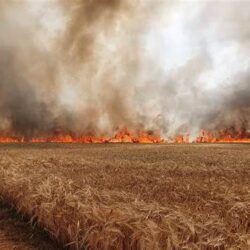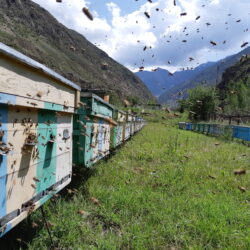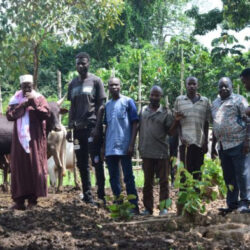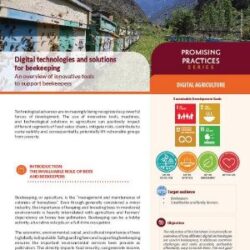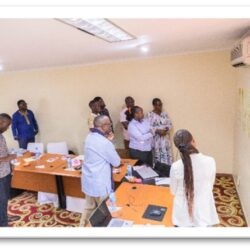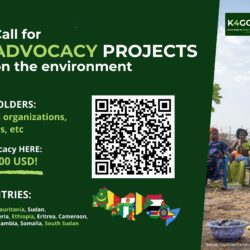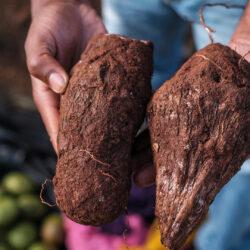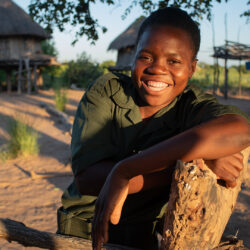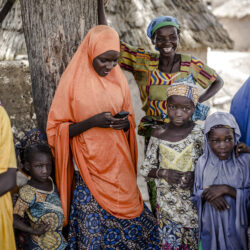Radio Programme: Wildfire Management for Sustainable Agricultural Production in Ghana
Every dry season, fires sweep across Ghana’s savannah landscapes—scorching farmlands, destroying forests, and threatening food security. But what if the very communities affected by wildfires hold the key to stopping them? In this powerful radio feature, which is part of the YenKasa Africa Radio Initiative, Radio Savannah, broadcasting in Gurune, shines a spotlight on wildfire management as a vital path to sustainable agriculture. Through voices from the ground—farmers, women entrepreneurs,

